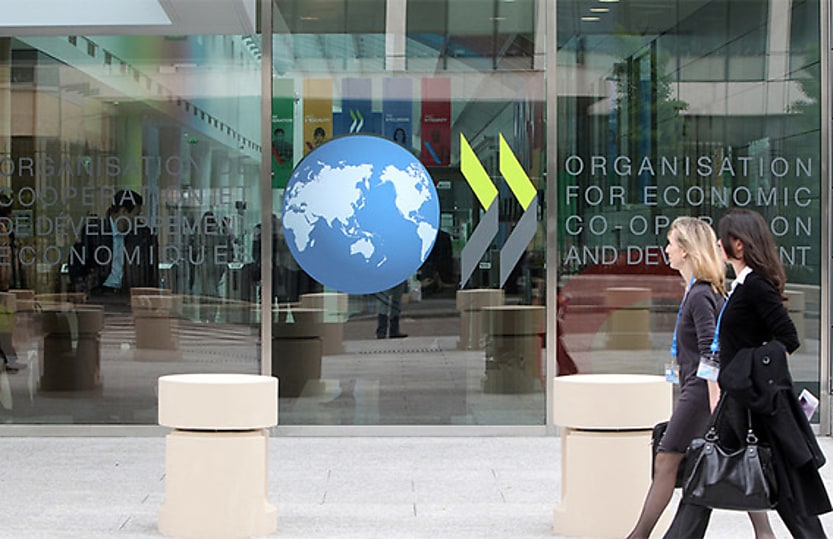Government signs treaty to protect tax bases in developing countries

The Albanese government has signed a statement of support for the OECD’s new Pillar Two Subject to Tax Rule to further its commitment to multinational tax reform.
The government has announced its support for fairer and better international tax arrangements by signing the OECD’s Subject to Tax Rule statement of support.
The Subject to Tax Rule will allow developing countries to apply “top-up tax” when certain types of income have not been taxed at a minimum rate.
The signing of the support statement comes after the legislation to ensure multinational companies pay their “fair share” was introduced to the Australian parliament.
The OECD Pillar Two Subject to Tax Rule is set to build on the implemented measures of tightening the nation's thin capitalisation rules to reduce multinational companies’ ability to create artificial debt and reduce the tax bill.
It will also create a new disclosure law which will require public companies to disclose information about their subsidiaries and will require tenderers for Australian government contracts valued above $200,000 to disclose their country of tax residency.
The tax rule will also boost funding for the Tax Avoidance Taskforce to bolster its work cracking down on tax dodging by multinational enterprises.
Minister Andrew Leigh said the Albanese government is the first in Australian history to be more proactive on multinational tax fairness.
“These significant steps place Australia among the lead jurisdictions working to improve the international tax system under the OECD/G20 Two-Pillar Solution that was agreed in 2021,” he said.
“A tax system where big multinationals pay their fair share of tax is better for our economy and all Australians.”
“Along with the global minimum tax legislation recently introduced to parliament, our support for the Subject to Tax Rule means that Australia has supported the OECD’s pillar two reforms in their entirety.”
The rule was agreed on a consensus basis by members of the OECD/G20 framework on BEPS.
The rule will ensure a minimum level of taxation on relevant cross-border payments and is designed to prevent circumstances where income is barely taxed or not at all due to differing tax regimes across the world.
OECD said nine jurisdictions signed the new multilateral treaty which will allow them to swiftly implement the new Pillar Two Subject to Tax Rule.
By committing to incorporate the rule, members of the inclusive framework that apply nominal corporate tax income rates below 9 per cent to income covered by the rule will incorporate it into bilateral tax agreements with developing country members.
The rule forms part of a package of rules aimed at ensuring global minimum taxation of multinational businesses, according to OECD.
It will complement and take priority over other rules agreed upon in the package and is designed to help developing country inclusive framework members to protect their tax base.
OECD secretary general Mathias Cormann said the signing ceremony is a significant milestone in the implementation of the two-pillar solution to stabilise the global tax landscape.
“Currently, developing countries lose substantial revenues to base erosion and profit shifting by multinational enterprises,” Cormann said.
“The rule will make a real tangible difference, ensuring that everyone benefits from the consensus-based solutions being developed to make the global tax system fairer and work better in an increasingly globalised and digitalised world economy.”
About the author

